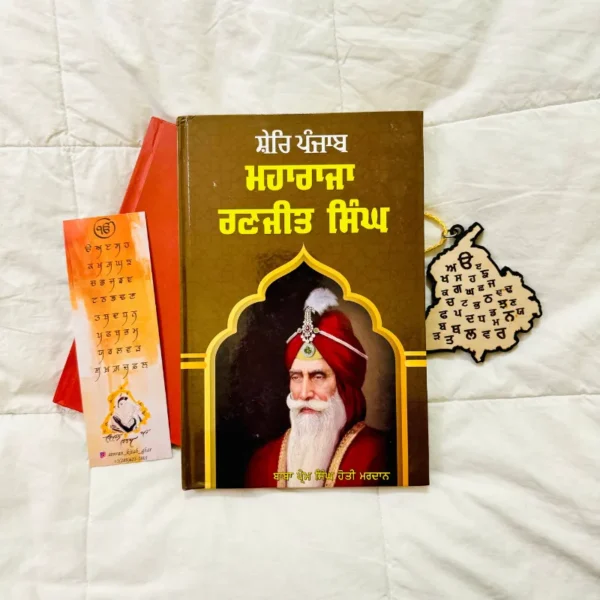

Chup Di Awaaz || ਚੁੱਪ ਦੀ ਆਵਾਜ਼
BOOK– Chup Di Awaaz ||ਚੁੱਪ ਦੀ ਆਵਾਜ਼
WRITER -SHIV KUMAR BATALVI
TYPE– POETRY
$18.99 Original price was: $18.99.$17.99Current price is: $17.99.
Description
chup di awaaz book is written by Shiv kumar Batalvi.
Shiv Kumar Batalvi: The Immortal Voice of Punjabi Poetry
Shiv Kumar Batalvi, often hailed as the “Keats of Punjabi poetry,” is one of the most celebrated and iconic figures in modern Punjabi literature. Known for his deeply emotional and melancholic verses, Batalvi’s work has left an indelible mark on the literary world, capturing the essence of pain, love, longing, and loss. His poetry resonates with universal themes of human suffering and beauty, making him a timeless figure whose legacy continues to inspire and influence generations of readers and writers alike.
Early Life and Background
Shiv Kumar Batalvi was born on July 23, 1936, in the village of Barapind in the Sialkot district of pre-partition Punjab (now in Pakistan). After the partition of India in 1947, his family moved to Batala, a town in the Gurdaspur district of Punjab, India. The early years of his life, marked by the trauma of displacement and the profound experiences of partition, played a pivotal role in shaping his poetic sensibilities.
Batalvi’s education was irregular and scattered across various institutions in Punjab. Although he attended several colleges, he never completed his formal education, choosing instead to immerse himself in the world of poetry. His self-taught knowledge and deep sensitivity towards the human condition helped him craft some of the most beautiful and heart-wrenching poems in the Punjabi language.
Literary Career and Themes
Shiv Kumar Batalvi’s poetry is characterized by its emotional intensity, lyrical beauty, and melancholic tone. Much of his work revolves around the themes of love, loss, death, and longing, often reflecting a deep sense of tragedy. Like the English Romantic poets, Batalvi found beauty in sorrow and conveyed his emotional depth through rich, evocative imagery and symbolism.
Love and Longing
The central theme in Batalvi’s poetry is love, often depicted as unattainable or lost. His romantic verse is filled with the pain of separation, unfulfilled desires, and the deep yearning for union. His most famous collection, “Lajwanti”, is an exploration of love’s many forms, from the bliss of first love to the torment of separation.
The love Batalvi describes is often tragic, echoing the experiences of his own life. He was known to have fallen in love with several women, yet each of these relationships ended in heartache. One of the most significant relationships that influenced his poetry was his love for a young girl named Maina, who later married someone else. This personal experience of love lost deeply impacted his poetry, manifesting in his recurrent themes of separation and unrequited love.
In his famous poem “Mainu Tere Jeya Hor Disda” (“I Find No One Like You”), Batalvi captures the longing for a beloved who is unattainable, painting a poignant picture of a lover’s heartbreak and the futility of searching for solace elsewhere.
Death and Suffering
In addition to love, Batalvi’s poetry frequently delves into the theme of death. His verses are filled with the presence of death as a looming, inevitable force, yet he portrays it with a sense of beauty and acceptance. For Batalvi, death is not just an end, but a continuation of the pain and suffering that love often brings.
His poem “Loona”, for which he won the Sahitya Akademi Award in 1967, is a masterpiece that deals with themes of pain, betrayal, and social injustice. “Loona” is a reimagining of the classic Punjabi folk tale of Puran Bhagat, but Batalvi transforms the story into a powerful commentary on class differences and the suffering of women in society. In his version, Loona is not just a villain, but a tragic figure—a woman whose actions are shaped by her circumstances and societal constraints.
Nostalgia and Displacement
Shiv Kumar Batalvi’s early life experiences of displacement due to the partition of India also left an indelible mark on his poetry. His work often reflects a sense of nostalgia for a lost homeland and the pain of displacement. This emotional exile, both physical and emotional, is a recurring theme in his verses, as he grapples with the sense of belonging and alienation.
In poems like “Pichhon Basdi Roohi” (“The Soul That Lives Behind”), Batalvi expresses the longing for his ancestral homeland, and the pain of leaving behind a part of oneself in a place that can never be returned to.
Poetic Style and Influence
Shiv Kumar Batalvi’s poetry is known for its lyrical quality, emotional depth, and use of vivid imagery. His command of the Punjabi language allowed him to evoke complex emotions through simple yet profound words. He often employed folk traditions, metaphors from nature, and the rich cultural heritage of Punjab to enhance the emotional impact of his poems.
One of the most distinctive features of his poetry is its musicality. Many of his poems have been set to music and continue to be sung by renowned Punjabi folk and classical singers. His verses, with their rhythmic cadence and emotive language, lend themselves beautifully to musical interpretation, further amplifying their emotional resonance.
Shiv Kumar Batalvi’s work was influenced by the Romantic movement, particularly by the works of English poets like John Keats. Like Keats, Batalvi’s poetry is characterized by a deep sense of beauty intertwined with sorrow, and he too died young, at the age of 36, adding a tragic dimension to his poetic persona.
Legacy and Impact
Shiv Kumar Batalvi passed away on May 7, 1973, at the age of 36, leaving behind a body of work that continues to be revered. His untimely death only added to the mythos surrounding his life and work, cementing his status as a tragic, romantic figure in Punjabi literature.
Today, Batalvi’s poetry is considered a cornerstone of modern Punjabi literature. His influence extends beyond literature into music, theater, and cinema. Many of his poems, including “Ik Kudi Jida Naam Mohabbat Hai” (“A Girl Whose Name Is Love”), have been adapted into songs and have found new audiences in contemporary Punjabi music and films.
Despite the passage of time, Shiv Kumar Batalvi’s poetry remains relevant and powerful. His ability to articulate the deepest human emotions in a way that resonates across generations ensures that his work continues to touch the hearts of readers and listeners alike. His exploration of love, loss, and the human condition transcends cultural and linguistic boundaries, making him one of the most universal voices in Punjabi literature.
Conclusion
Shiv Kumar Batalvi’s poetry is a testament to the power of words to capture the full spectrum of human emotions—love, longing, pain, and death. His work, steeped in personal tragedy and universal truths, continues to inspire and influence not just Punjabi literature but the broader literary and artistic world.
Through his lyrical and evocative poetry, Batalvi has immortalized the human experience, creating a legacy that will continue to resonate for generations to come. His verses are a reminder that in sorrow, there is beauty, and in loss, there is a deep and enduring sense of love that transcends time and space.
Terms people also search for: Chupp Di Aawaz, Chup Di Awaz, ਚੁੱਪ ਦੀ ਆਵਾਜ਼, Chup Dee Aawaz, Chupp Dee Awaz, ਚੁੱਪ ਦੀ ਆਵਾਜ਼ ਬੁੱਕ

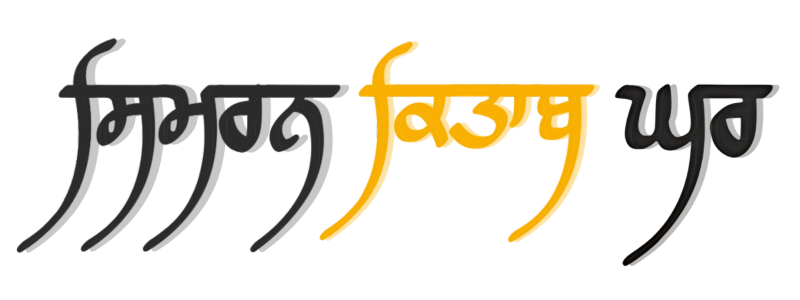



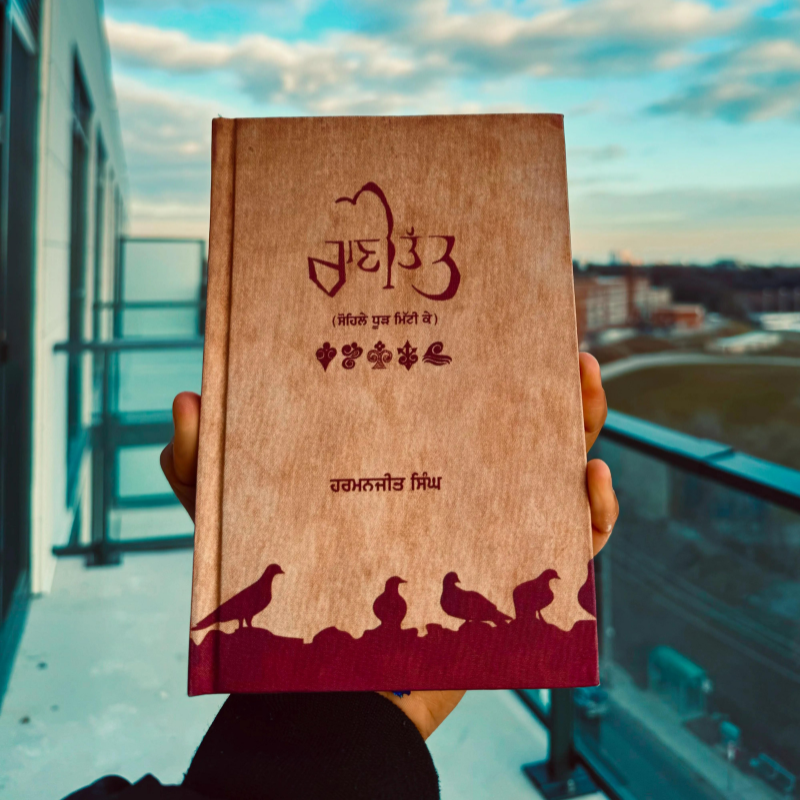
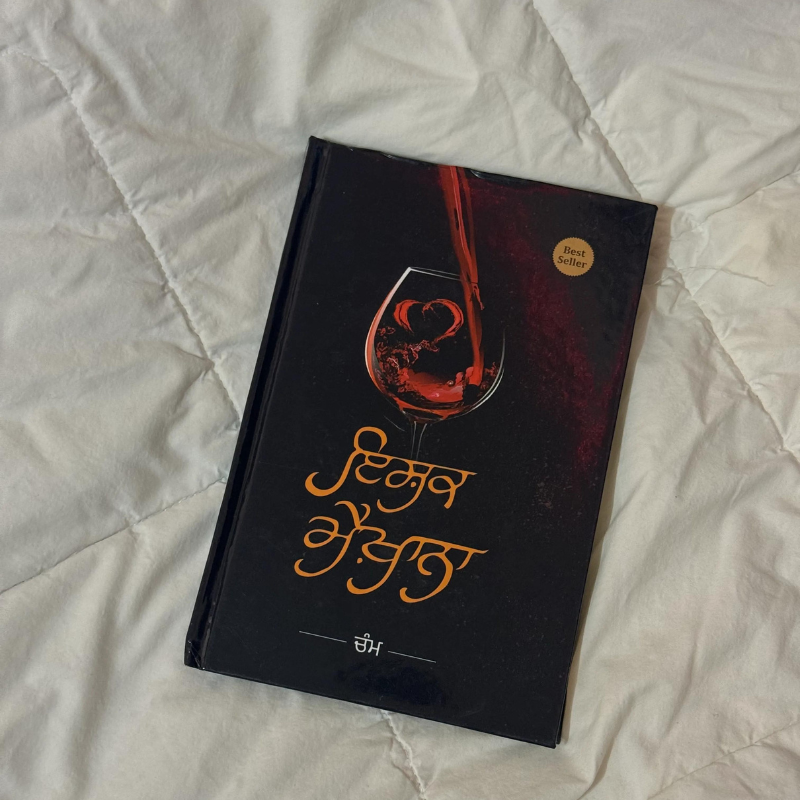

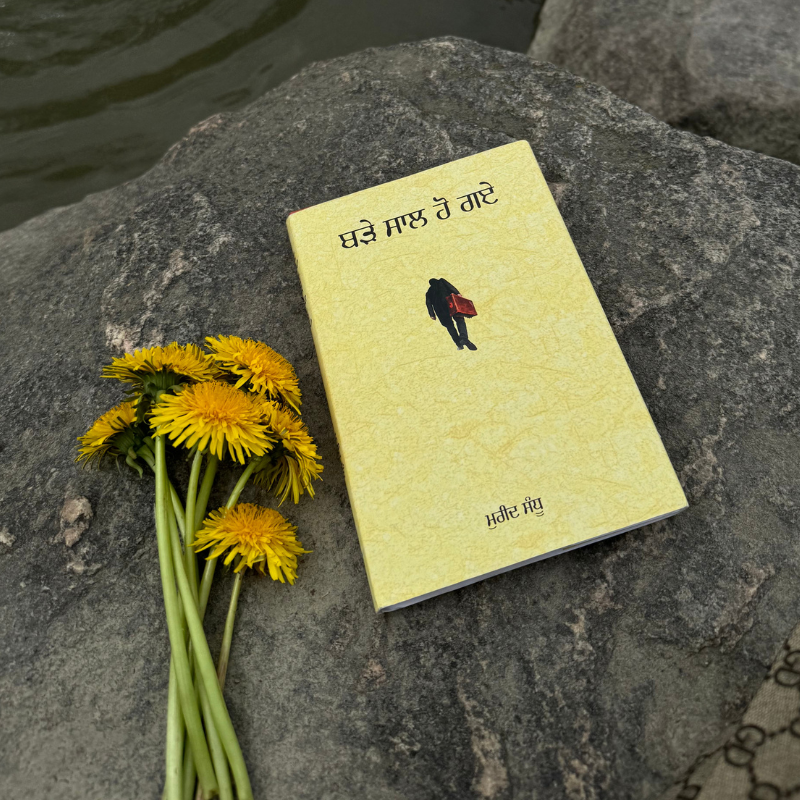
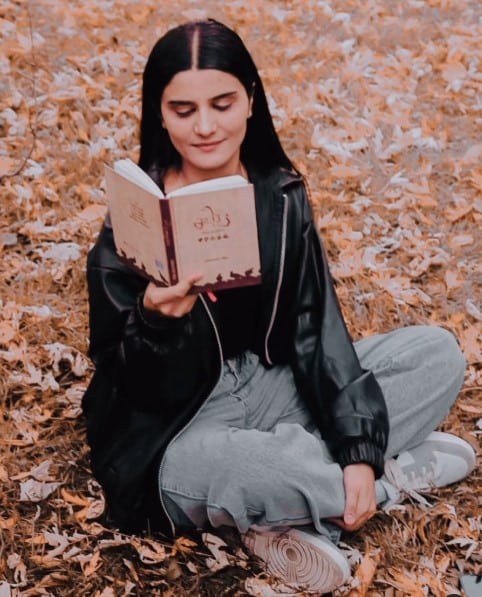
Reviews
Clear filtersThere are no reviews yet.